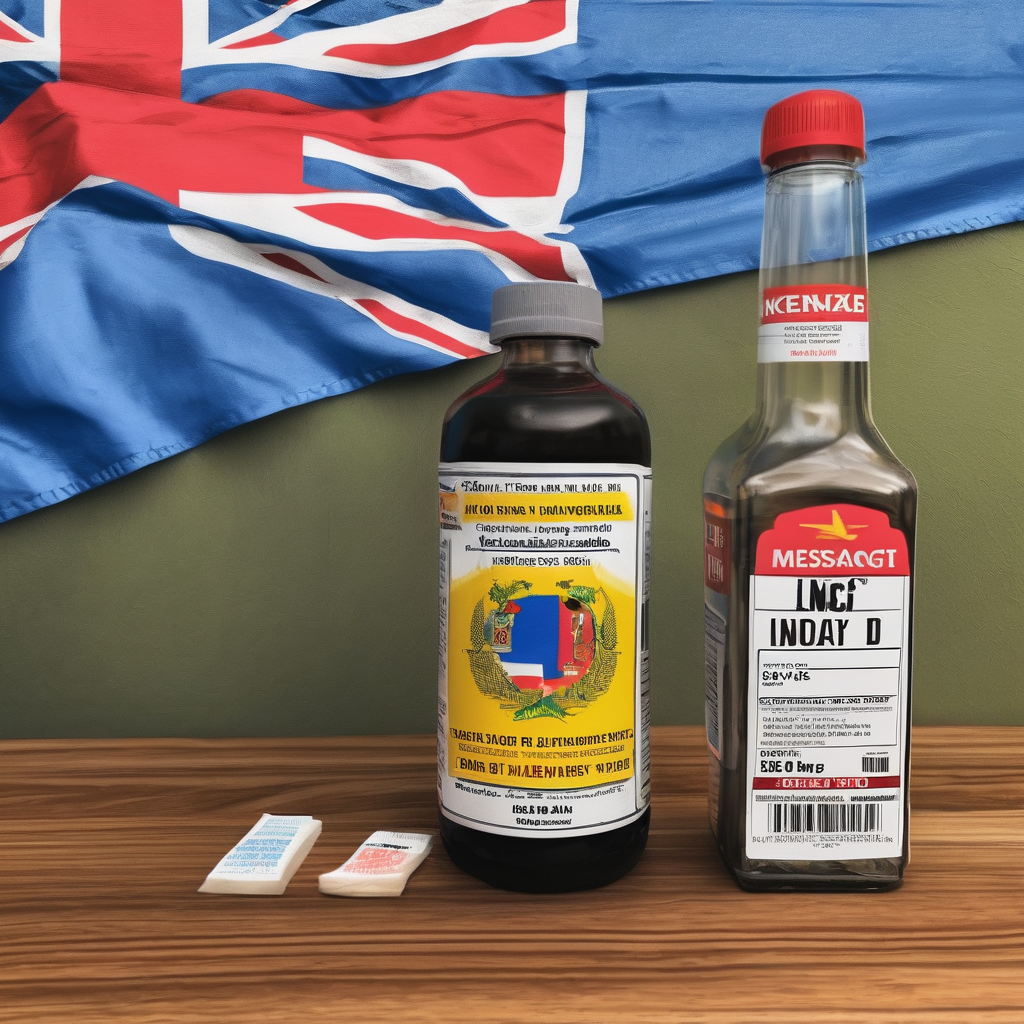Texas Attorney General Ken Paxton has initiated a groundbreaking lawsuit against Johnson and Johnson, alleging that the pharmaceutical giant failed to adequately warn consumers about the potential risks of taking Tylenol during pregnancy. This legal action marks the first instance of a state government pursuing such claims against the company.
The lawsuit follows recent guidance from President Donald Trump and U.S. Secretary of Health and Human Services Robert F. Kennedy, Jr., which advised pregnant women against using acetaminophen due to concerns that it might be linked to autism. This advisory has sparked substantial debate and confusion within the healthcare community, particularly among expectant mothers trying to manage pain and fever safely.
Research on the link between Tylenol use during pregnancy and autism remains inconclusive. While some studies suggest a possible connection, others have dismissed these claims as lacking firm evidence. Major medical organizations, including the American College of Obstetricians and Gynecologists, have criticized the assertions made by Trump and Kennedy, emphasizing that the risks associated with conditions treated with acetaminophen are likely far more dangerous than any speculative risks associated with the medication itself.
Keller Postman attorney Ashley Keller, who is spearheading the litigation, noted that numerous personal injury lawsuits have already been filed against Johnson and Johnson and its spin-off, Kenvue, alleging adverse neurodevelopment outcomes in children whose mothers took Tylenol during pregnancy. These individual cases have been combined into multi-district litigation still in progress.
Paxton, who is currently running in the GOP primary against U.S. Senator John Cornyn, stated that holding pharmaceutical companies accountable for their actions is essential in promoting public health. He expressed his commitment to protecting Texans from potentially harmful practices, saying, “by holding Big Pharma accountable for poisoning our people, we will help Make America Healthy Again.”
The CDC reports that autism affects about one in 31 American children, with diagnosis rates having surged nearly 300% in the past two decades, attributed largely to improvements in screening techniques and expanded diagnostic criteria. Kennedy has long associated the rapid increase in autism diagnoses with childhood vaccines, a theory widely discredited by health experts.
While a Harvard and Mount Sinai study identified a correlation between acetaminophen use and autism diagnoses, a substantial Swedish study tracking 2.5 million children found no causal link once sibling comparisons were made. Experts in epidemiology emphasize the ethical limitations of conducting definitive studies on this subject, suggesting that current evidence leans towards the absence of a direct connection between acetaminophen and autism risk.
In response to the allegations, Kenvue firmly disputes any claims linking the medication to autism, asserting that independent science does not support such concerns and that the fear generated could pose risks to expecting mothers.
As the lawsuit unfolds, it highlights the importance of transparency regarding medical risks and the need for informed decision-making. Keller remarked on the necessity for healthcare organizations to communicate uncertain risks clearly: “The opposite is true: We are not sure, and therefore we should sound the alarm.”
Looking ahead, Paxton’s lawsuit aims to leverage state consumer protection laws, in contrast to personal injury claims, with the expectation that Johnson and Johnson may face significant damages if the accusations are upheld. This legal approach reflects Texas’s ongoing efforts to hold the pharmaceutical industry accountable, having previously settled with the company over its roles in the opioid crisis and for deceptive marketing practices in other matters.
This case could pave the way for further scrutiny and discussion surrounding drug safety and public health, underscoring the need for ongoing research into the implications of commonly used medications during pregnancy.
